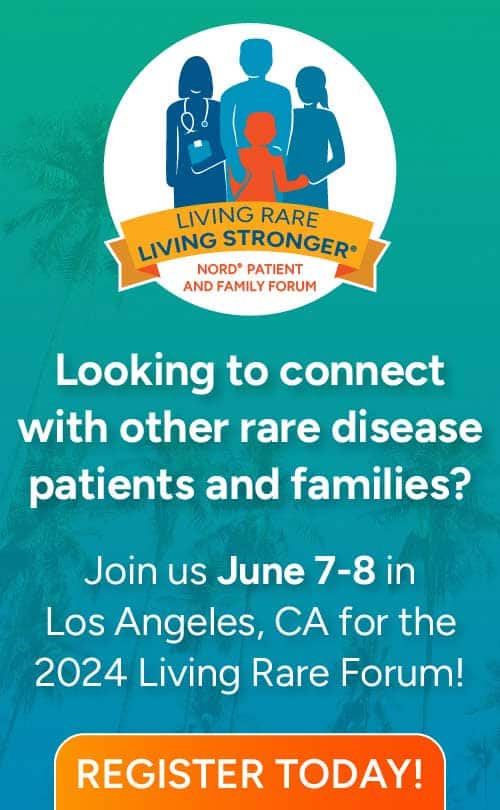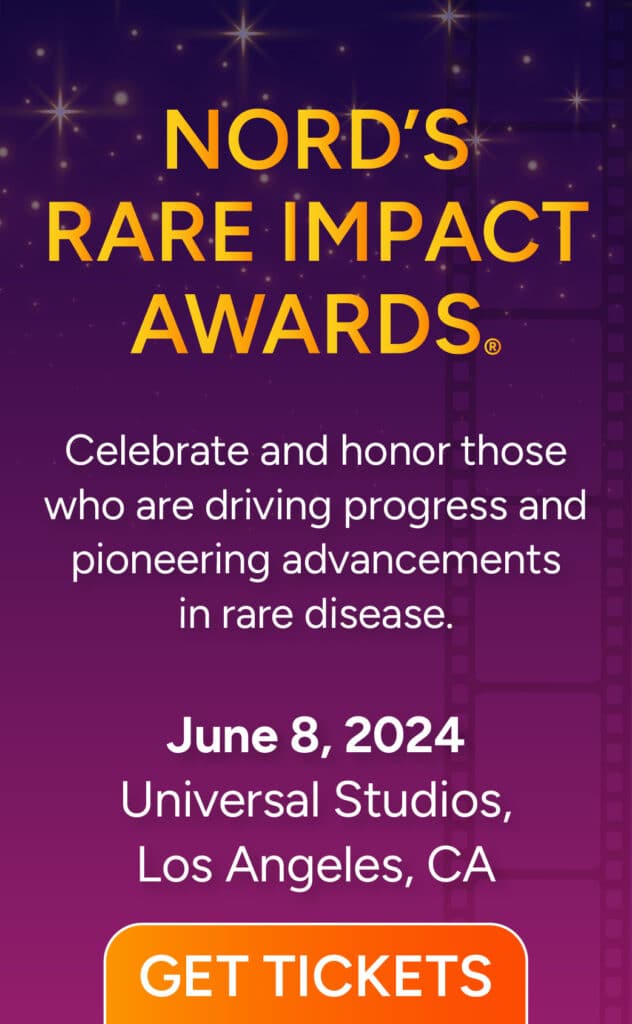Biologic therapies have been lifesaving and life changing for the patients we represent – more than 30 million Americans with more than 7,000 rare diseases. Literally, hundreds of thousands of rare disease patients have found their lives bettered by biologics and we are collectively grateful to the innovators and companies that have made this possible.
However, the field is not without challenge. Biologics are often more expensive than other therapies and there is no generic industry to eventually lower prices, as there is for traditional drugs. Even with Patient Assistance programs run by NORD and other groups, there are always concerns about access to expensive drugs.
For that reason, we welcome the emergence of a new category of biological therapies called biosimilars. These are partly analogous to generic drugs, in that they represent an alternative that is expected to have the same therapeutic effect and safety profile to a reference product and should be less expensive. However—and this is a very important distinction—biosimilars will not be identical to the reference product. They may be an appropriate alternative to a reference product for some patients, but not necessarily all patients.
NORD is particularly concerned about the appropriate use of biosimilars because of the wide variety of clinical responses that rare disease patients have to biologic therapies. We do not fit into many of the treatment paradigms that guide treatment decisions and insurance reimbursement. As a result, NORD is constantly working for the rights of rare disease patients to receive optimum care, even (especially) if it is not the standard of care for most patients.
In light of this, NORD recently sent a letter to FDA Commissioner Margaret Hamburg urging her to proceed carefully with the development and approval of biosimilars. Before the first biosimilars are approved in the U.S, FDA will need to set policy with regard to what type of name will be given to each biologic and biosimilar product.
Our letter to the Commissioner puts forth our view that it is imperative that all biologics – including biosimilars – have distinguishable names. Foremost, this will allow system-wide transparency—patients, physicians, researchers, and payers will all be able to know precisely what biological product has been used.
Rare disease patients’ conditions are highly complex; the biologics – and eventually biosimilars – they are prescribed are also complex. Thus, tracking of the exact treatment given to a patient is a critical issue for everyone in rare disease community.
Without distinguishable names, it may be impossible to determine which biologics will effectively treat a rare disease. Once a biologic is approved for marketing, such conclusions are often drawn from a trial and error process that requires tremendous collaboration between a patient and their care team, and consistency once the right treatment balance has been found.
Further, distinguishable names is the best approach to support effective tracking of adverse events through surveillance and pharmacovigilance. Distinguishable names for biosimilars also reinforces for health care providers and payers that biosimilars are similar but not identical and may not work the same for different patients.
Rare disease patients often follow a unique treatment course and their healthcare providers must be vigilant in monitoring their treatment regimen. Distinguishable names will greatly increase the likelihood that our patients and providers will have complete and accurate information to track, monitor and treat their diseases as well as any adverse events that may occur while using biologics and biosimilar therapies. The FDA must protect patient safety and assure therapeutic effectiveness. Distinguishable names will help preserve this.



